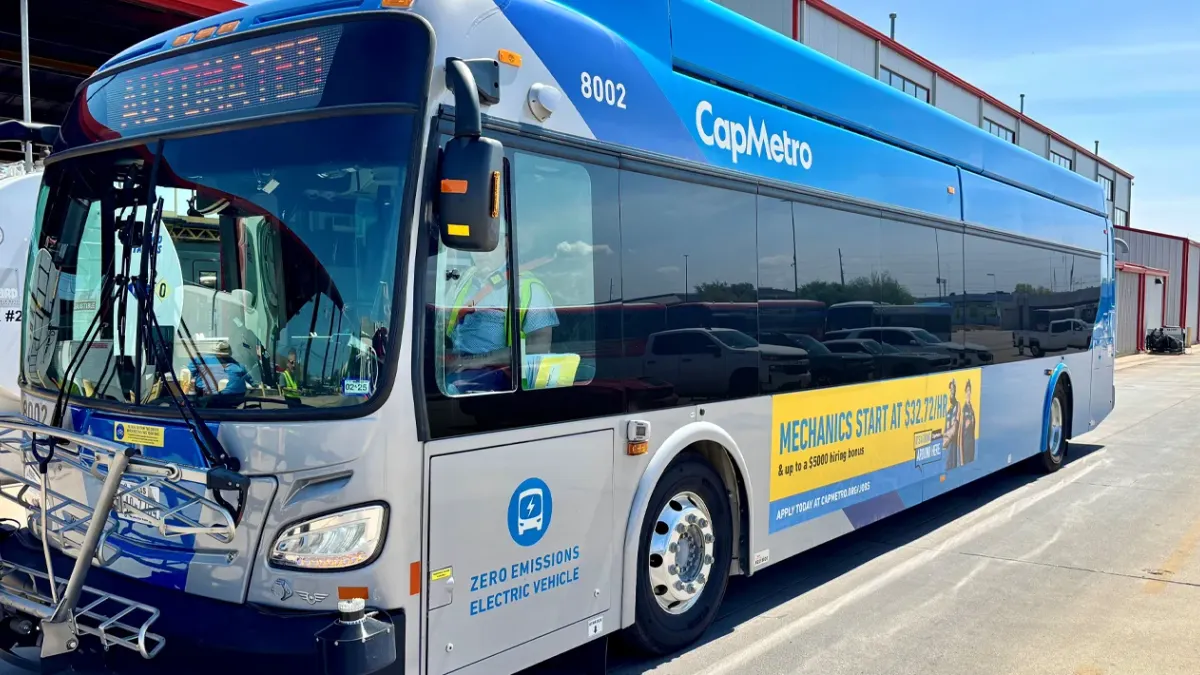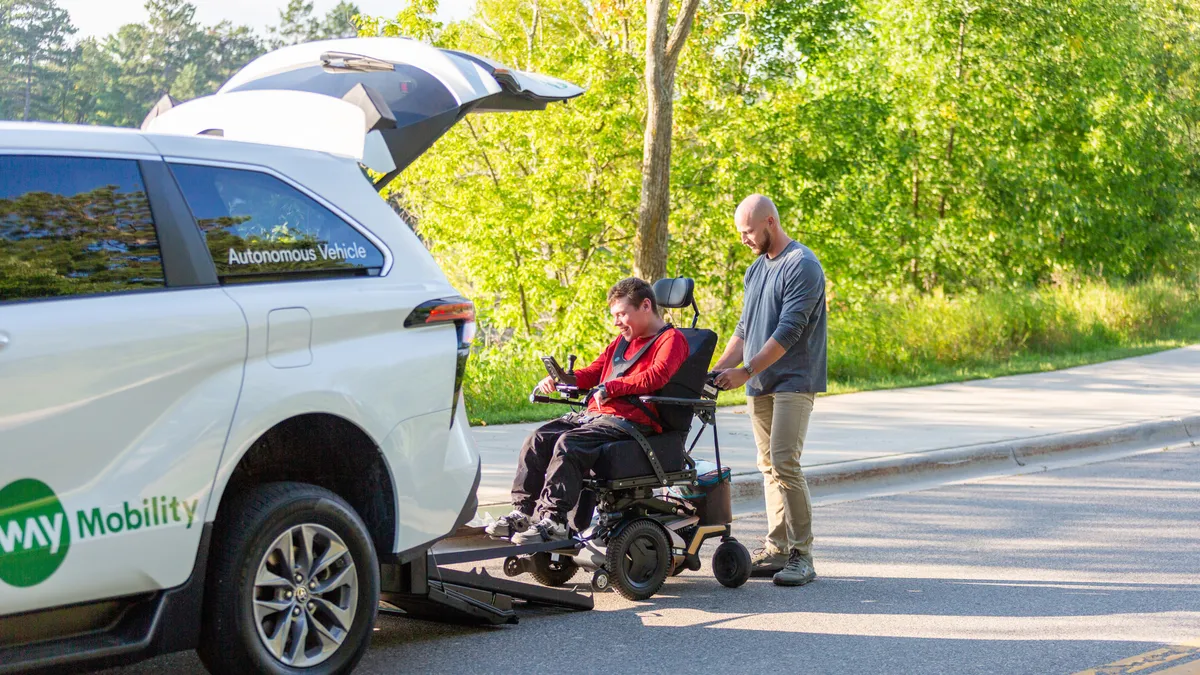LOS ANGELES — Famous for its iconic cars, MINI is looking to do something a little different as it tries to stay ahead of the trends in urban life.
Dubbed "MINI Beyond," the BMW-owned auto brand is shrinking its car production division, instead focusing on urban lifestyle areas including housing, fashion and mobility. The initiative came after a long period of research and consultation, and is intended to help MINI reach a younger audience in cities. It also comes as MINI sales have gotten sluggish and the BMW Group is trying to find alternative income streams.
"We said, this is what people care about the most,” Esther Bahne, MINI’s head of brand strategy and business innovation, said during a roundtable discussion with reporters at the LA CoMotion conference last week. "We think there is a lot in the DNA of the brand that can answer this, from the creative use of space idea of the original MINI via the design credibility that the brand still has from designing that first icon. There are things we can do in the space, credibly."
One of the major parts of this new initiative kicks off next year, as MINI will start managing an apartment building in Shanghai, its first move into real estate. The company is converting an 80,000-square-foot old paint factory to house about 70 tenants in a co-living space, with several shared facilities and amenities that can be paid for on-demand when in use.
There will also be MINI cars available for on-demand mobility for residents, while the building will have first-floor retail space open to the general public. Peter Schwarzenbauer, a member of the BMW Group board of management, said MINI sold 32,000 cars in China, making the country its sixth biggest market.
Schwarzenbauer predicted during the roundtable the popularity of MINI’s apartment rental business will "really go through the roof" in China, especially as they are partnering with local businesses and organizations to help deliver and manage it.
"Being part of this world we're creating: that's the key," Schwarzenbauer said.
MINI will also move into the fashion industry by partnering with designers, something Schwarzenbauer said should help cement its brand in China, which has seen an explosion in the consumer culture. He said that in that country, people try different things from various brands, and often look for one or two that they trust to stick with long-term.
"Young people in particular wanting to help build better cities, I think is a global phenomenon."

Micah Kotch
Managing director, URBAN-X
"At the end of the day, brands are giving directions," Schwarzenbauer said. "They are so new into this consumer world, especially for young people, they grew up knowing a consumer environment. They are still trying out a lot of things. There is not as much loyalty as we know it."
The company has already looked beyond cars in the United States with its backing of URBAN-X, a startup accelerator based in Brooklyn, NY, that works with early-stage companies who look to solve urban problems. Through its accelerator program, URBAN-X provides a cohort of startups with 20 weeks of development, helps them network and then gives them guidance on raising capital.
URBAN-X managing director Micah Kotch said it shows MINI is trying to capitalize on the trend of young people trying to help their cities, a trend that has spread worldwide.
"Young people in particular wanting to help build better cities, I think is a global phenomenon," Kotch said during the roundtable. “I think it's absolutely true in China. If you look at the growth of entrepreneurship and the startup scene in China, which has blossomed over the last decade, this idea that MINI as a brand is really authentically helping emerging entrepreneurs really resonates, not only in China but when we go to cities around the world."
All these efforts do not mean MINI will completely abandon manufacturing its famous cars, which have decades of history and associations with movies like "The Italian Job." Instead, Schwarzenbauer said the shrunk car division will focus on producing five different "characters" of cars, with a smaller palette of customizable options for buyers to choose from.
The company will still produce limited-edition cars, but it is part of a move to streamline the car-buying process for consumers. "I always say, with three clicks you should be able to buy a car," Schwarzenbauer said.
It all adds up to an ambitious strategy for the British auto company, which has existed in some form since 1959 and was acquired by BMW in 1994. Schwarzenbauer said that BMW has one eye on how to improve the lives of city residents, and that done properly, MINI could be at the forefront.
"At the end of the day, it comes to a point where I think that the technology that is available right now, if we use it correctly, could bring us to a quality of life in cities which we have never seen before. I am extremely optimistic," he said.


















